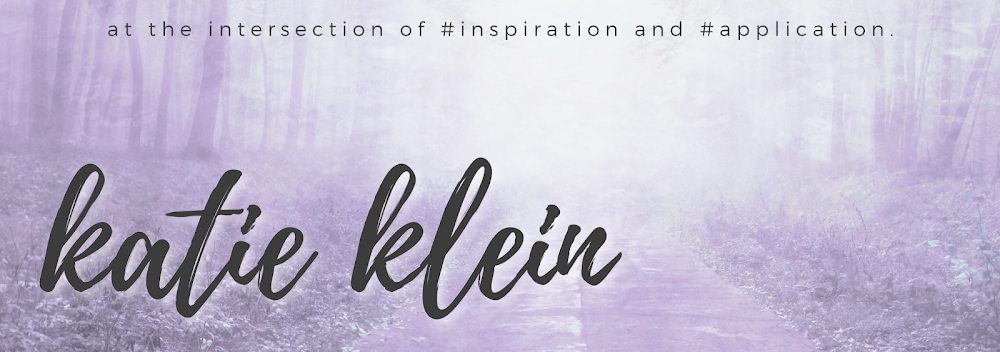But there was some kind of disconnect.
Because in telling me all about her story (for months and months), she told the story. I'm not sure she ever wrote a word of it onto paper, even though it consumed her at this particular time in her life.
Why?
The story inside my friend just wanted out. It didn't care how it got out, or in what form. In this case, it was told through conversation. The excitement never carried over onto paper, because part of the thrill is in the first telling.
I feel like she wasted that first telling--that thrill--on me.
This is why I think keeping our stories close to us, at least in the beginning, is crucial. I believe in accountability and brainstorming with others, but I find that the more I talk about what I'm working on, the less magic it seems to have.
The takeaway: Pour your energy into getting the words down. There will be plenty of opportunities to share them later. :D
(And always) Be Brilliant!
~Katie~



